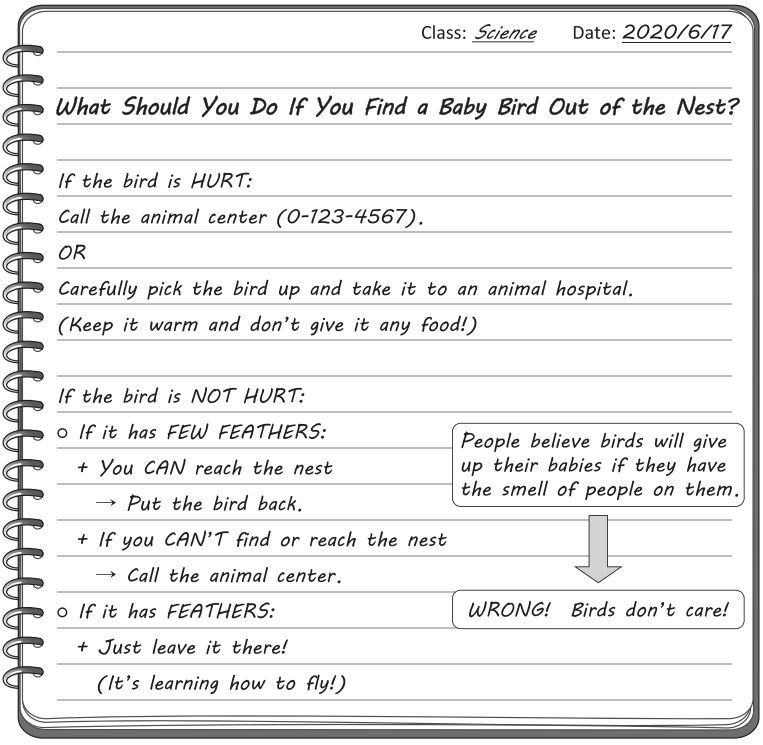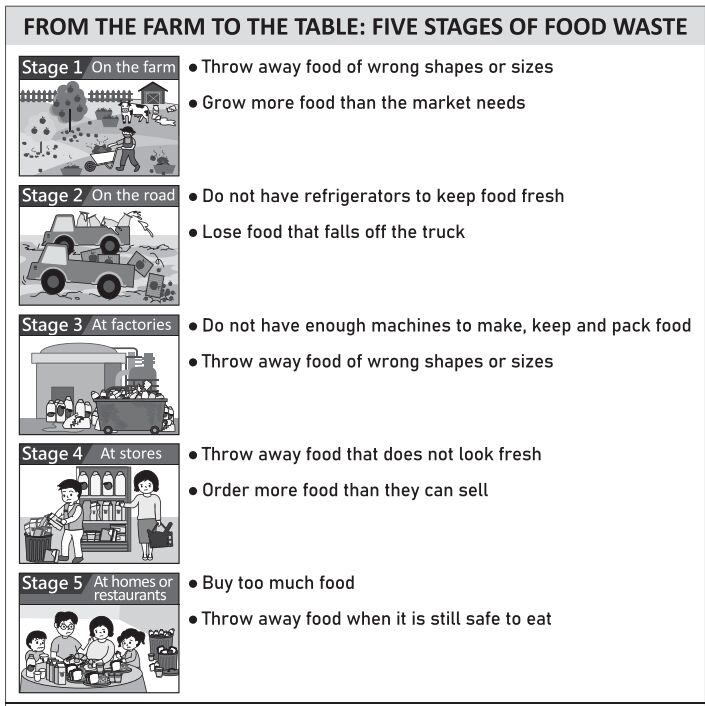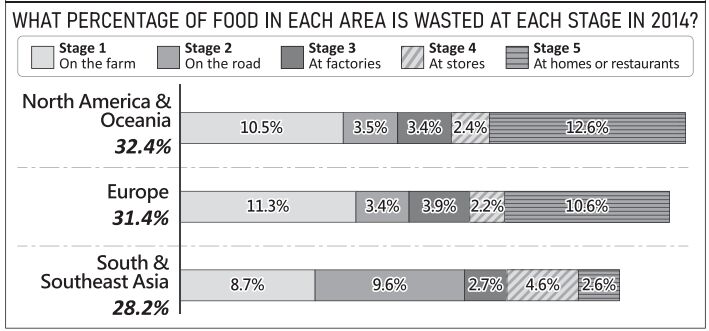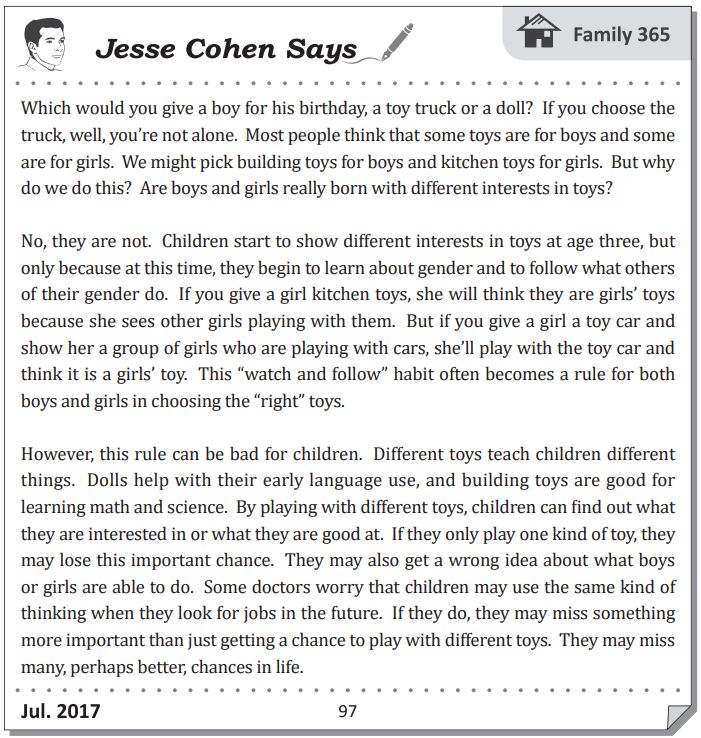(39-41) Marie Colvin was a world-famous war reporter. She was born in New York, USA,
in 1956 and died in Homs, Syria, in 2012.
When she was a student at Yale University, Colvin decided that she wanted to be a
reporter in the future. She joined the Sunday Times, a UK newspaper, in 1985 and soon
became its Middle East reporter. Besides the Middle East, she also reported from other
parts of the world: Chechnya, Kosovo and Sri Lanka, for example. When she was reporting
on the war in Sri Lanka, she lost her left eye. But that never stopped her. She still went to
dangerous places that few reporters wanted to visit and stayed when others left.
Colvin showed great empathy in her stories. For her, war reporting was not just some
quick interviews and a few photos. She wrote about real people and their real lives. Her
writing made you feel so strongly about these people’s stories, just like they were your own.
She hoped that through her work the world would understand what really happened in war,
and would take action to stop the fighting.
On February 22, 2012, the day after she gave her report on the war in Homs, Colvin
was killed when the house she was staying in was attacked. She always knew what price a
war reporter might have to pay. She already lost an eye before. This time, she gave her life
to the work she could not give up—telling the true stories to the world.
【題組】39. What is the reading mostly about?
(A) Marie Colvin’s war reports.
(B) Marie Colvin’s working life.
(C) Marie Colvin’s schooldays at Yale.
(D)Marie Colvin’s experiences in Homs.



